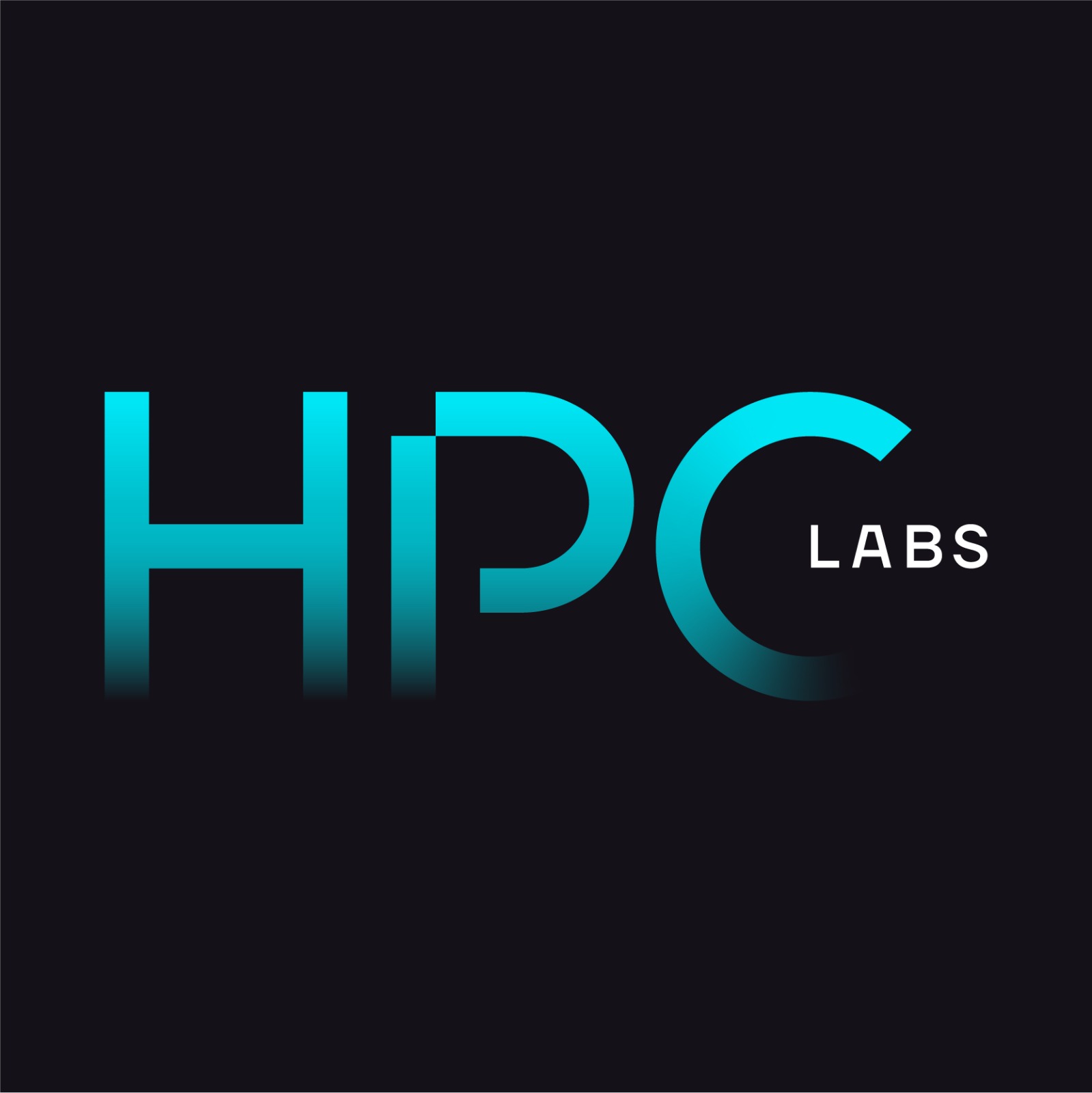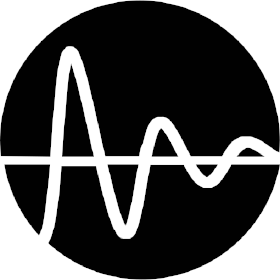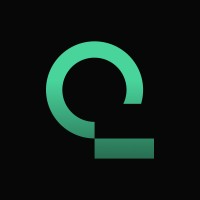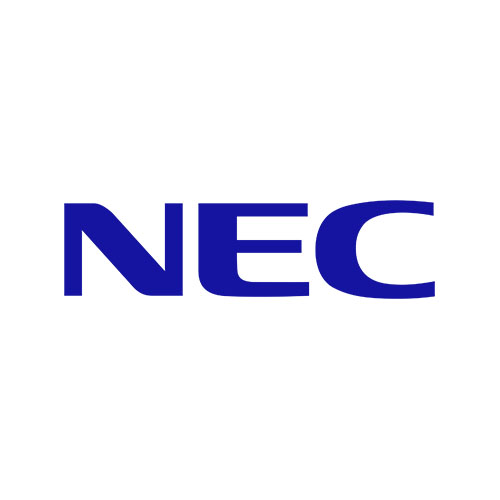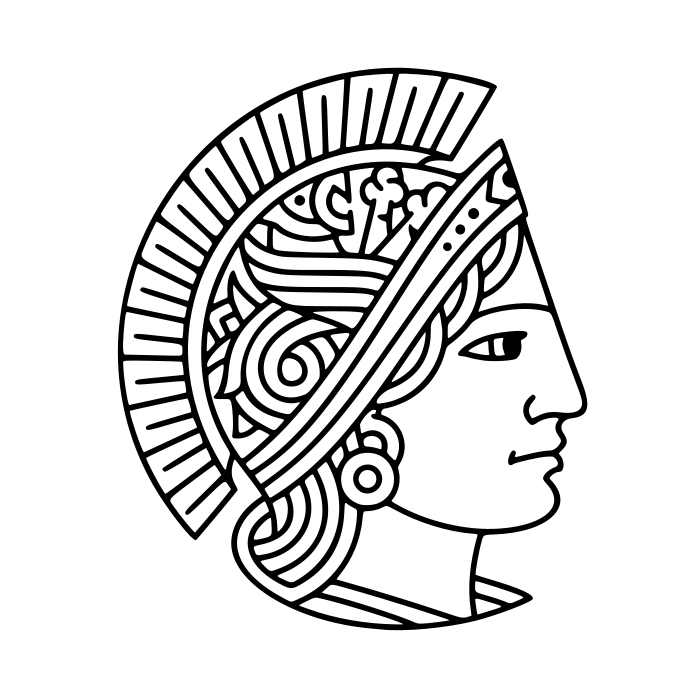-
Learning Cuts via Enumeration Oracles
Daniel Thuerck, Boro Sofranac, Marc E. Pfetsch and Sebastian Pokutta
NeurIPS 2023, New Orleans, LA, USA, 2023
-
Flynn's reconciliation: Automating the register cache idiom for cross-accelerator programming
Daniel Thuerck, Nicolas Weber and Roberto Bifulco
ACM Transactions on Architecture and Code Optimization 18(3), 2021
-
Algorithm 1015: A Fast Scalable Solver for the Dense Linear (Sum) Assignment Problem
Stefan Guthe and Daniel Thuerck
ACM Transactions on Mathematical Software 47(2), 2021
-
Supporting Irregularity in Throughput-Oriented Computing by SIMT-SIMD Integration
Daniel Thuerck
IEEE/ACM 10th Workshop on Irregular Applications: Architectures and Algorithms (IA3) Short Paper, Virtual Event, 2020
-
Stretching Jacobi: A Two-Stage Pivoting Approach for Block-Based Factorization
Daniel Thuerck
IEEE/ACM 9th Workshop on Irregular Applications: Architectures and Algorithms (IA3), Denver, CO, USA, 2019
-
A block-oriented, parallel and collective approach to sparse indefinite preconditioning on GPUs
Daniel Thuerck, Maxim Naumov, Michael Garland and Michael Goesele
IEEE/ACM 8th Workshop on Irregular Applications: Architectures and Algorithms (IA3), Dallas, TX, USA, 2018
-
A Fast, Massively Parallel Solver for Large, Irregular Pairwise Markov Random Fields
Daniel Thuerck, Michael Waechter, Sven Widmer, Max von Buelow, Patrick Seemann, Marc E. Pfetsch and Michael Goesele
High Performance Graphics (HPG) 2016, Dublin, Ireland, 2016
-
Using graphics processing units to investigate molecular coevolution
Michael Waechter, Kathrin Jaeger, Daniel Thuerck, Stephanie Weissgraeber, Sven Widmer, Michael Goesele and Kay Hamacher
Concurrency and Computation: Practice and Experience 26(8), 2014
-
Lazy nonlinear diffusion parameter estimation
Daniel Thuerck and Arjan Kuijper
International Conference on Image Analysis and Processing (ICIAP) 2013, Naples, Italy, 2013
-
Efficient heuristic adaptive quadrature on gpus: Design and evaluation
Daniel Thuerck, Sven Widmer, Arjan Kuijper and Michael Goesele
International Conference on Parallel Processing and Applied Mathematics (PPAM) 2013, Warsaw, Poland, 2013
-
Nonlinear diffusion at your fingertips: Theory and mobile applications
Daniel Thuerck and Arjan Kuijper
2013 8th International Symposium on Image and Signal Processing and Analysis (ISPA), Trieste, Italy, 2013
-
Cosine-driven non-linear denoising
Daniel Thuerck and Arjan Kuijper
International Conference Image Analysis and Recognition (ICIAR) 2013, Povoá de Varzim, Portugal, 2013
